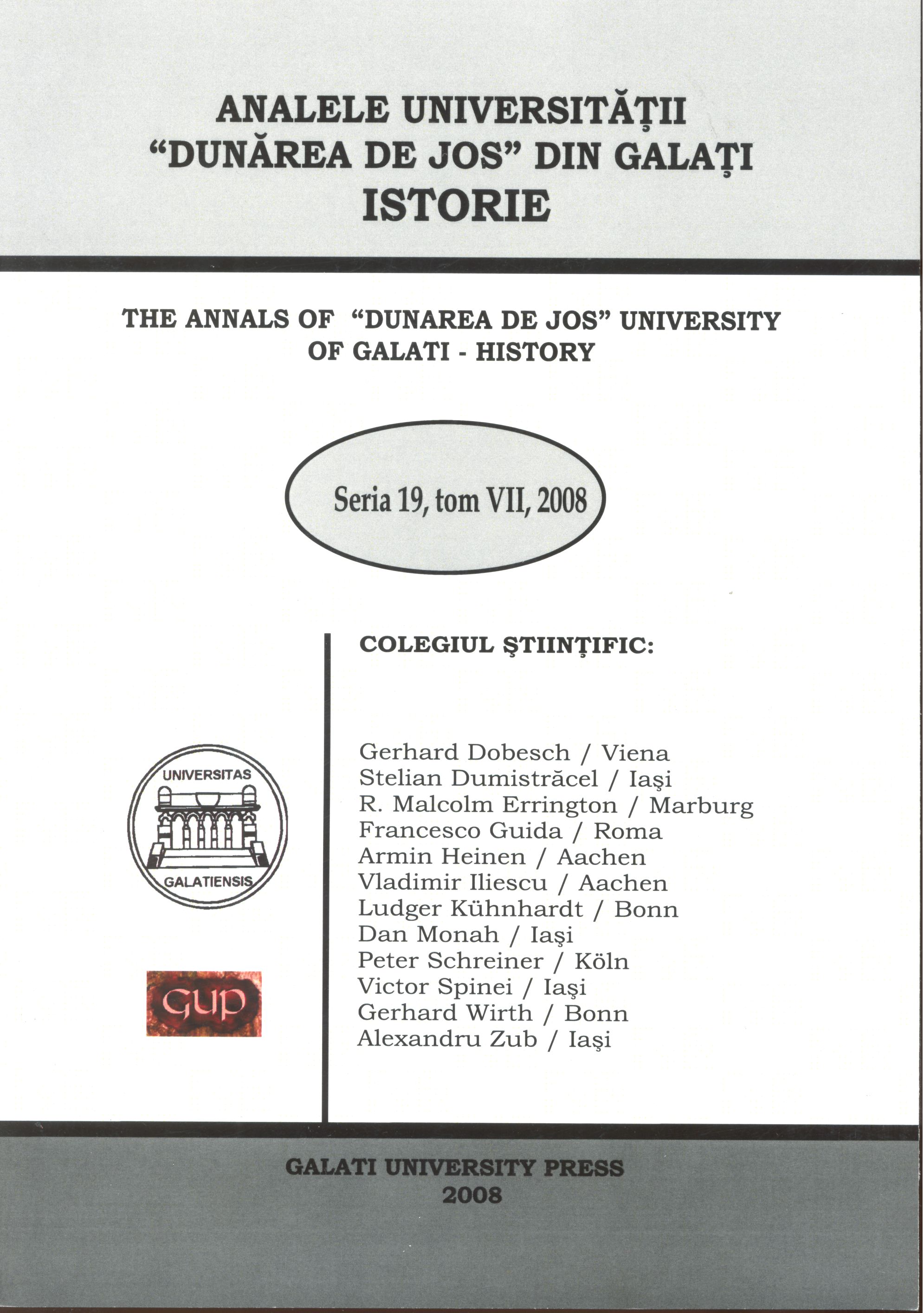Anekāntavāda: la doctrine du non-absolutisme
Anekāntavāda: the doctrine of non absolutism
Author(s): Silviu LupaşcuSubject(s): History, Literary Texts, Theology and Religion
Published by: Galaţi University Press
Keywords: anekāntavāda; andhgajanyāyah; Jalāl-ud-dīn Rūmī; Mathnawī-i ma‘nawī; Jainism; Sufism; Bible; Talmud; Gospel
Summary/Abstract: Anekāntavāda represents the Jaina theology of non-absolutism, of the plurality of the viewpoints, susceptible to counteract the attempts to proclaim the absolute truth, which is nothing but illusion. Anekāntavāda is expressed through andhgajanyāyah, the “parable of the blind men and the elephant”. Andhgajanyāyah was re-written by Jalāl-ud-dīn Rūmī in Mathnawī-i ma‘nawī, as the “parable of the elephant locked inside a dark room”. The Sufi re-writing of this Jaina theme proves its circulation in the religious spaces of India and Persia, in the 13th century.
Journal: Analele Universităţii Dunărea de Jos din Galaţi. Seria Istorie
- Issue Year: 2008
- Issue No: 07
- Page Range: 235-240
- Page Count: 6
- Language: French

